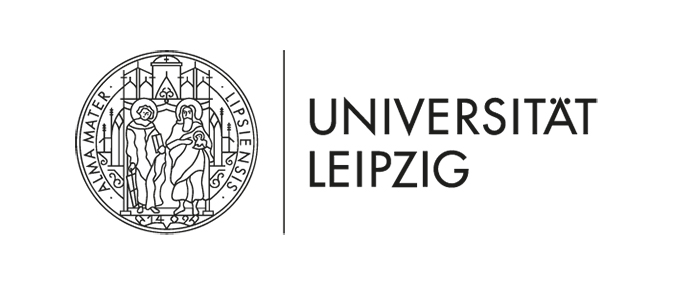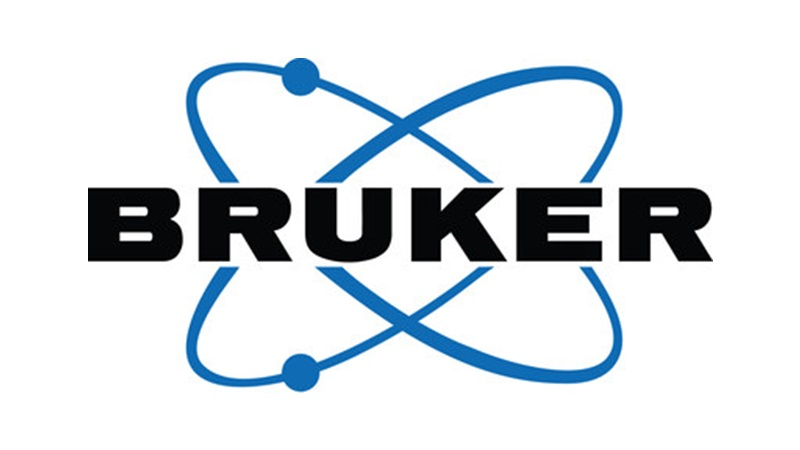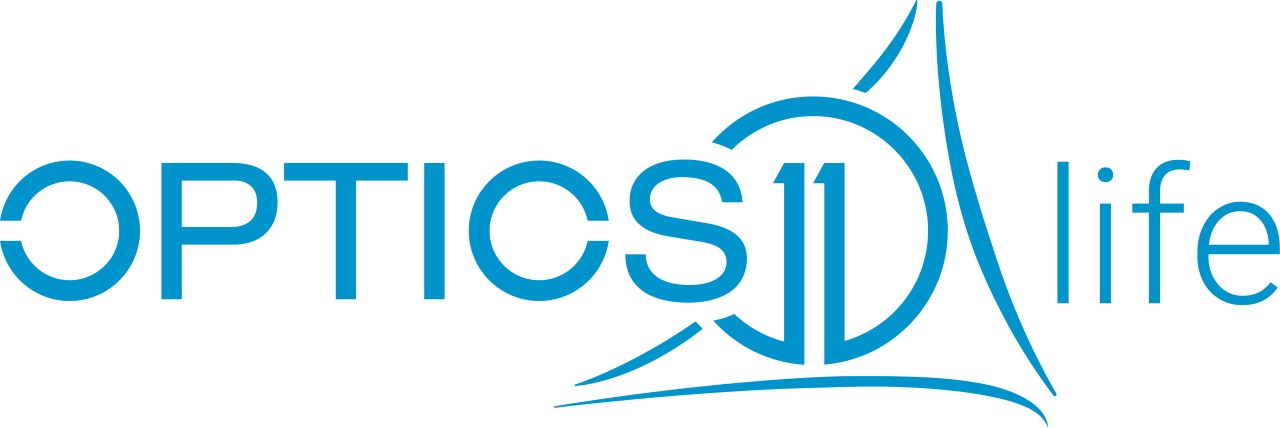|
14th Annual Symposium Physics of Cancer Leipzig, Germany Oct. 4 - 6, 2023 |
PoC - Physics of Cancer - Annual Symposium | |||||||||
|
|
Poster
Interaction of laminin and brain cells with ion implanted titania nanotube scaffolds
Contact:
Brain-machine interfaces enable symptomatic treatment of neurodegenerative diseases by modulating neural activities. They enjoy great popularity when brain tissue is assessed ex vivo. However, current-use interface materials are troubled by numerous challenges concerning loss of long-term adhesion, rejection reactions, and glial scarring. We show that ion-implanted titania nanotube scaffolds (TNS) are a promising candidate for dealing with these issues, sincethey combine high biocompatibility with adequate electrical conductivity. In detail, we elucidate how implantation-induced changes of surface characteristics affect the adsorption of laminin and the viability/adhesion of neurons and glial cells. . The high neuron viability observed on all TNS, but suppressed glial cell formation on implanted TNS, demonstrates the potential as a future interface material. We acknowledge funding by SMWK (100331694).
Reference: Frenzel et al., Nanomaterials 2022, 12, 3858. https://doi.org/10.3390/nano12213858 |









